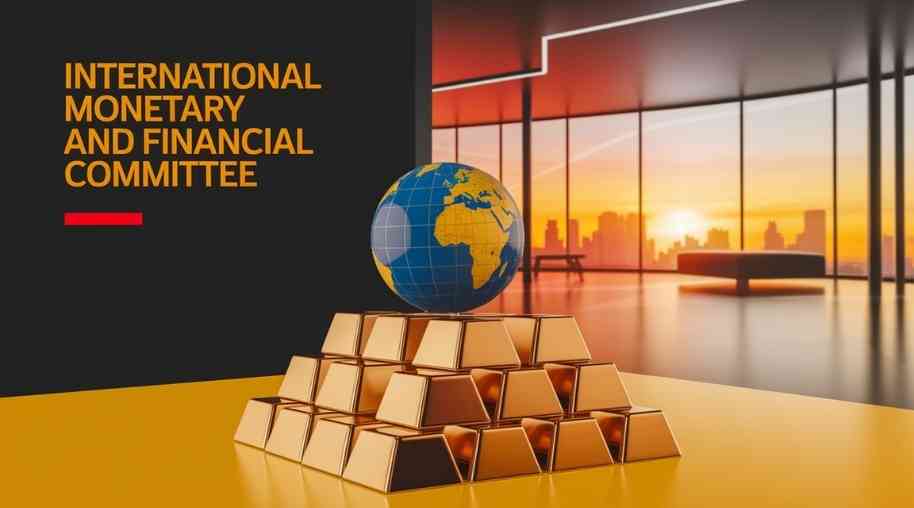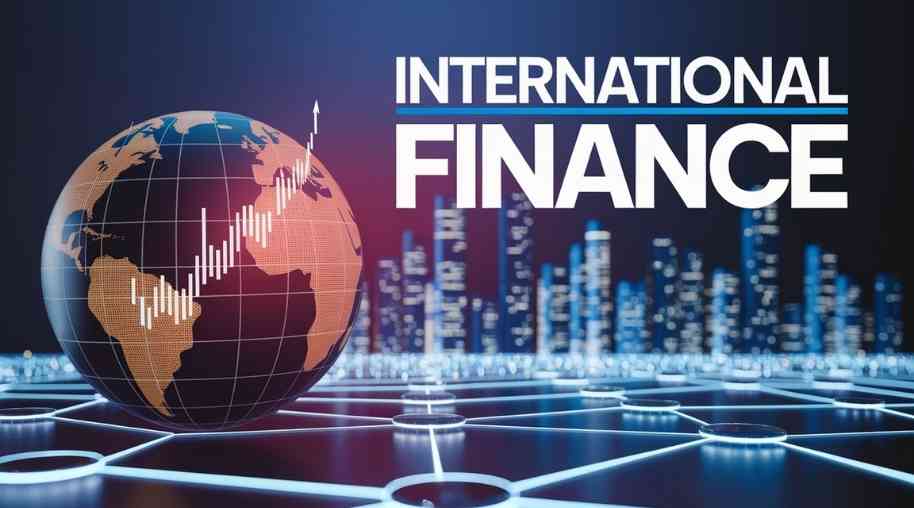IMFC Full Form-International Monetary and Financial Committee
by Shashi Gaherwar
0 2095
International Monetary and Financial Committee (IMFC): Role, Functions, and Global Impact
The International Monetary and Financial Committee (IMFC) is a key advisory body of the International Monetary Fund (IMF). It plays a vital role in guiding the IMF on global financial and economic matters. As one of the most influential international financial committees, the IMFC provides strategic direction for global monetary policies, economic growth, and financial stability.

Establishment and Composition of the IMFC
The IMFC was established in 1999, replacing the earlier Interim Committee of the IMF. It serves as the primary advisory body to the Board of Governors of the IMF, focusing on issues related to the international monetary system.
- The committee comprises 24 members, representing the 190 IMF member countries.
- These members are usually finance ministers, central bank governors, or senior economic policymakers from various nations.
- The IMF Managing Director also participates in IMFC meetings, playing a key role in discussions.
Functions and Responsibilities of the IMFC
The International Monetary and Financial Committee serves as a high-level advisory body that addresses crucial economic and financial issues.
- Providing Guidance on Global Economic Policies: The IMFC reviews and discusses major financial and economic trends, offering policy recommendations to maintain international monetary stability.
- Assessing the Global Financial System: The committee evaluates risks in the global financial system, helping to identify potential crises and formulate preventive strategies.
- Advising on IMF Policies and Reforms: The IMFC advises the IMF on changes to its policies, governance structure, and lending frameworks to ensure efficiency and transparency.
- Monitoring Economic Growth and Stability: It reviews global economic developments, including inflation, trade imbalances, and financial market trends, to support sustainable growth.
- Supporting Crisis Management and Response: The committee plays a crucial role in coordinating international responses to financial crises, ensuring that IMF resources are used effectively to support struggling economies.
- Promoting International Financial Cooperation: The IMFC facilitates discussions between member countries to enhance global economic collaboration and prevent financial instability.
Meetings and Decision-Making Process
The IMFC meets twice a year, typically during the Spring Meetings and Annual Meetings of the IMF and the World Bank.
- These meetings serve as a platform for member countries to discuss pressing economic issues and propose policy solutions.
- Although the IMFC does not have formal decision-making authority, its recommendations significantly influence IMF policies and actions.
- The Chair of the IMFC, appointed by committee members, represents the committee’s viewpoints and facilitates discussions with the IMF Board of Governors.
IMFC’s Role in Financial Stability and Crisis Management
The IMFC has played a critical role in addressing major financial crises, ensuring that IMF resources and policies are effectively utilized.
- 2008 Global Financial Crisis: The IMFC guided the IMF in responding to the economic downturn, supporting financial stimulus measures, and stabilizing global markets.
- COVID-19 Economic Impact: The committee played a crucial role in shaping IMF policies to provide emergency financial assistance to struggling nations.
- Debt Relief for Developing Nations: The IMFC supports initiatives aimed at easing the debt burden on low-income countries, ensuring sustainable economic recovery.
Challenges Faced by the IMFC
Despite its importance, the IMFC faces several challenges in maintaining global financial stability:
- Diverging National Interests: Member countries have different economic priorities, making it difficult to reach a consensus on key financial policies.
- Addressing Global Economic Inequality: The IMFC must balance the financial needs of both advanced and developing economies.
- Financial Market Volatility: Sudden economic shocks, such as oil price fluctuations or stock market crashes, pose challenges to effective policy implementation.
- Climate Change and Economic Policies: The IMFC increasingly needs to integrate climate considerations into economic planning and financial governance.
Future of the IMFC and Global Economic Governance
The IMFC is expected to continue playing a central role in shaping global economic policies.
- Strengthening Global Financial Stability: Enhancing cooperation between nations to prevent economic crises.
- Digital Currency and Financial Innovation: Addressing the rise of cryptocurrencies and digital banking systems.
- Sustainable Development Goals (SDGs): Aligning IMF policies with global sustainability and climate resilience initiatives.
- Improving IMF Governance and Representation: Ensuring that emerging economies have a greater voice in global financial decision-making.
The International Monetary and Financial Committee (IMFC) serves as a crucial advisory body that influences IMF policies and global economic stability. Through its discussions, policy recommendations, and crisis management efforts, the IMFC helps shape the future of international finance. As global financial challenges evolve, the IMFC’s role in ensuring economic stability and growth remains essential.
Further Learning Resources
If you’re passionate about building a successful blogging website, check out this helpful guide at Coding Tag – How to Start a Successful Blog. It offers practical steps and expert tips to kickstart your blogging journey!
For dedicated UPSC exam preparation, we highly recommend visiting www.iasmania.com. It offers well-structured resources, current affairs, and subject-wise notes tailored specifically for aspirants. Start your journey today!

Share:








Comments
Waiting for your comments